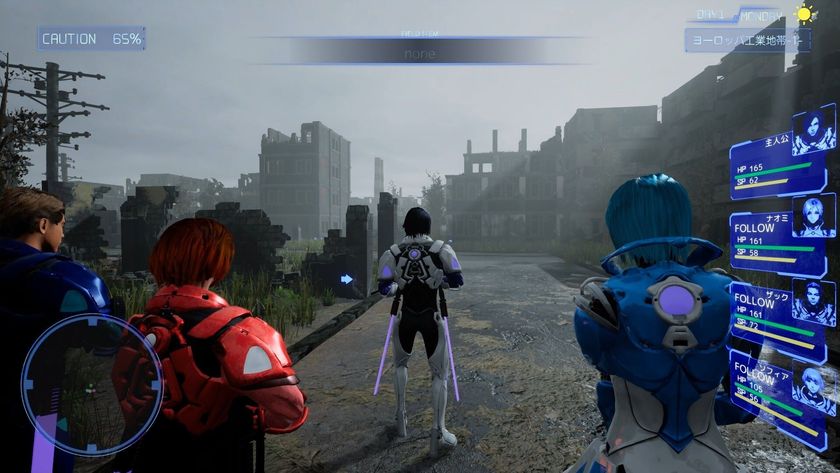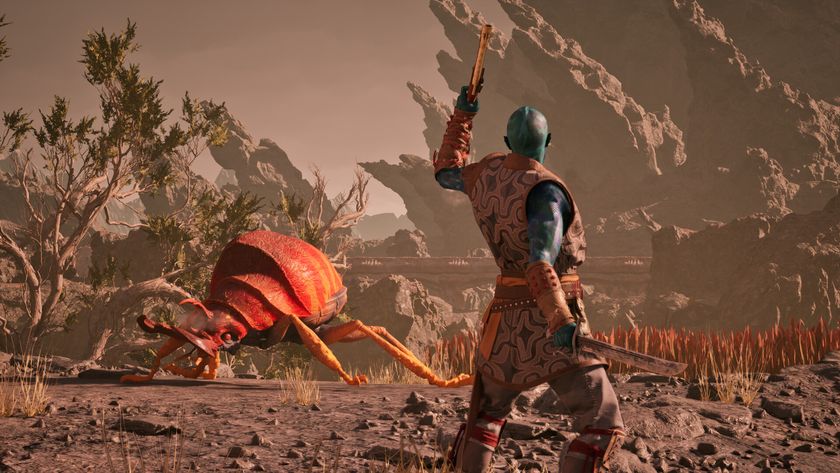Why you can trust 12DOVE
"We had no desire to move people's political emotions... We wanted to entertain them, to frighten them a little, even to make them laugh" wrote Third Man scripter Graham Greene, who based the screenplay on his own story. Greene may have only intended it to be "modest entertainment" but out of these humble aspirations arose that rarity - a British movie masterpiece.
Filmed on location in the rubble-strewn environment of a bombed-out Vienna - a deeply symbolic setting, given its position at the heart of war-ravaged Europe - The Third Man draws on the visual template of American film noir. The streets are rain-slicked, night-time sequences abound and Robert Krasker's vivid cinematography incorporates expressionist lighting patterns and grotesquely tilted camera angles. A pungent atmosphere of decay and corruption suffuses, offset by the plaintive zither score. And death is everywhere: we begin and end with a funeral; children perish because of diluted penicillin; and characters like Anna even wish their own demise.
The Third Man has long been famed for its set-pieces. There's the confrontation on top of the Great Wheel between Harry and Holly (aptly described as "two boys who've never grown up"), at the end of which Welles delivers his famous cuckoo-clock speech. Or the sewer chase, which is both compelling in visual terms and rich in metaphorical significance. Or Welles' first appearance, with a cat nestling on his shoes and a pool of light illuminating his face in a shadowy doorway. You'll be hard-pressed to find a superfluous moment in this gripping study of betrayal and thwarted love.
Rewatching it, one is struck by how perfectly judged the performances are. Welles, in a mere 15-minute cameo, makes evil terribly charming, while Cotten, Welles' co-star in Citizen Kane, impresses as the bewildered American abroad, scrabbling to find a measure of dignity. Yet the most poignant contribution comes from the Italian Valli, who realises she can never stop loving Lime, no matter what she learns about him. Fittingly, the final shot overturns Hollywood conventions to capture this romantic fatalism.
Riddled with post-war despair, The Third Man is one of the great British movies. The zither music, the noirish cinematography, the taut writing and the raft of excellent performances combine in an engrossing thriller that matches America's finest.
The Total Film team are made up of the finest minds in all of film journalism. They are: Editor Jane Crowther, Deputy Editor Matt Maytum, Reviews Ed Matthew Leyland, News Editor Jordan Farley, and Online Editor Emily Murray. Expect exclusive news, reviews, features, and more from the team behind the smarter movie magazine.

Persona and Metaphor: ReFantazio composer's new JRPG gets a Steam Next Fest demo, and it's basically a turn-based Metal Gear Solid

Avowed is nothing like Bethesda's RPGs, but The Elder Scrolls 6 should take inspiration from its combat

Doom: The Dark Ages developers go back to the OG 1993 FPS for inspiration: "Every time you look at it, you learn something new"
Most Popular




